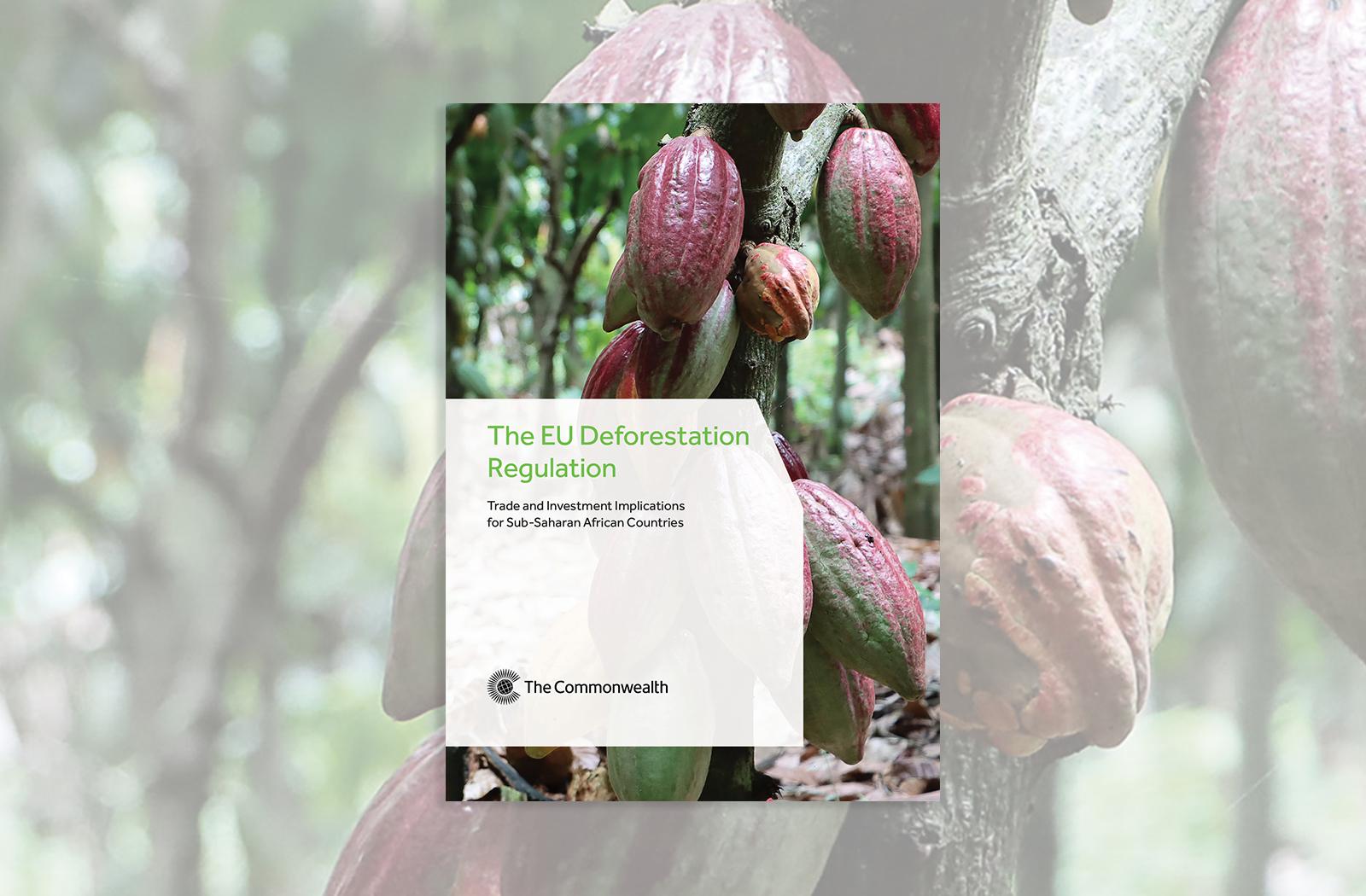
Africa faces significant challenges with regard to land degradation and desertification and is the most vulnerable and severely affected region globally. Currently, desertification affects approximately 45 per cent of the continent’s land area, with 55 per cent of that land at high or very high risk of further degradation. Also, Africa loses approximately 3.9 million ha of forest annually, with deforestation affecting both dry forests and rainforests. The primary driver of deforestation is agricultural expansion, responsible for about 75 per cent of forest loss. This includes shifting cultivation, typically undertaken by subsistence farmers, whereby forests are cleared for farming to meet the demands of a growing population. Global trade and weak governance further drive deforestation, as rising demand for commodities like timber and agricultural products accelerates the destruction of forests across Africa.



